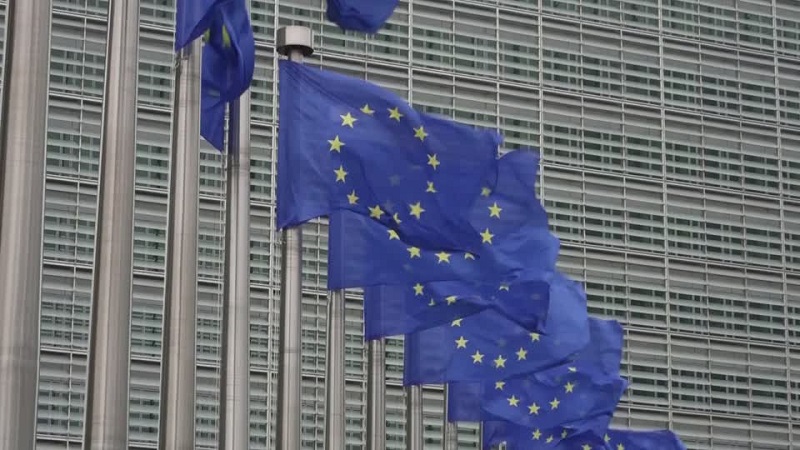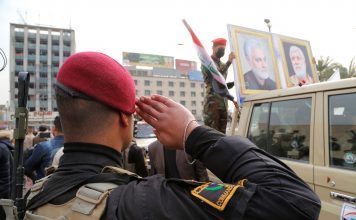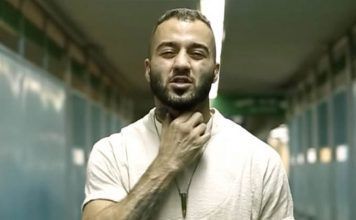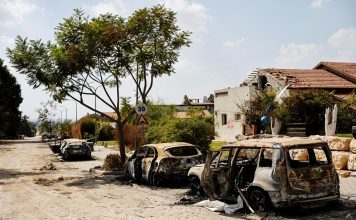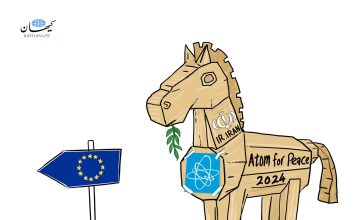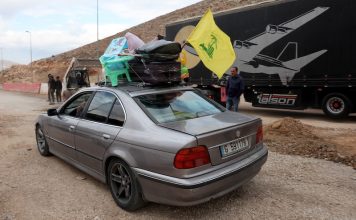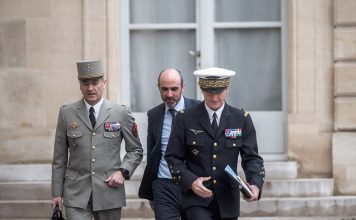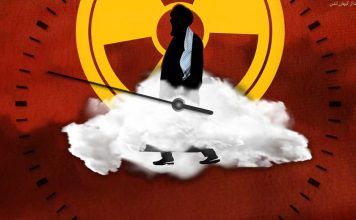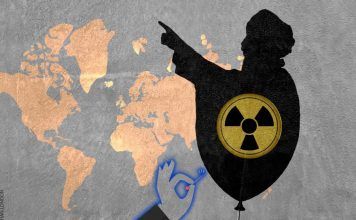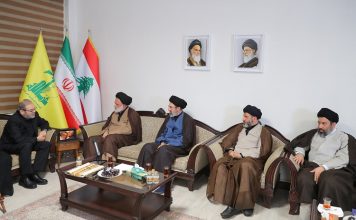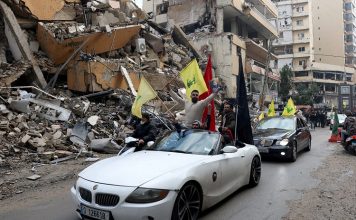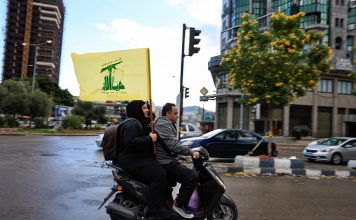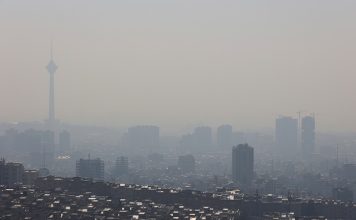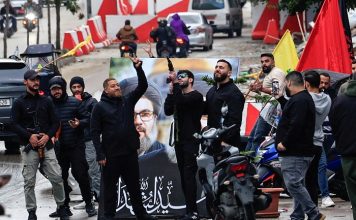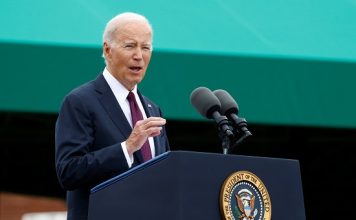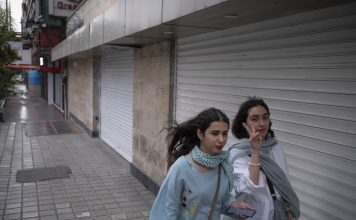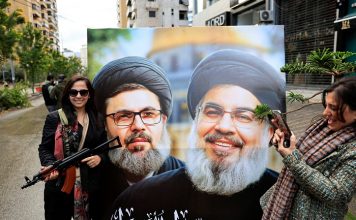By Ahmad Rafat
The Islamic Republic — represented by Majid Takht Ravanchi, the Iranian Foreign Ministry’s under-secretary for European and American Affairs — has resumed negotiations with the European Union. Ravanchi recently met with his British, French, and German counterparts in Geneva.
Also attending the meeting was Enrique Mora, the deputy secretary general of the European External Action Service — and Chief of Staff to the EU Foreign Policy High Representative Josep Borrell.
US State Department Spokesperson Matthew Miller clarified that while the U.S. would not participate in the discussions, it would maintain close communication with its European allies, indicating its indirect yet significant role in the negotiations.
Iran’s objective in these talks is not to establish a new agreement, but to strategically gain time and maneuver European countries into a position that is more favorable to its interests.
These discussions began just weeks after several institutions strongly criticized the Islamic Republic’s nuclear policy, highlighting the challenges that Iran faces in the negotiations.
The foreign ministers of the G7 countries (the U.S., Britain, France, Germany, Italy, Canada, and Japan) met on Nov. 26 in Italy, which is currently holding the G7 rotating presidency. At the end of their meeting, they released a statement reaffirming their commitment that “Iran must never develop or acquire a nuclear weapon.”
ANALYSIS: With Trump Back In White House, U.S.’s Iran Policy Will Change
They also highlighted their intention to collaborate closely with other international partners to “address Iran’s nuclear escalation.” They condemned “continuous destabilizing actions of Iran’s affiliated armed groups, including Hamas, Hezbollah and the Houthis, as well as armed militias in Iraq and Syria.”
Ten days before the start of this round of negotiations, the Board of Governors of the International Atomic Energy Agency (IAEA) passed a resolution condemning the acceleration of Iran’s nuclear program and the rise in its enriched uranium stockpiles, which have now reached 23 times the limit established in the 2015 Joint Comprehensive Plan of Action (JCPOA), commonly referred to as the Iran nuclear deal.
The three European nations — Germany, France, and Britain – which collaborated with the U.S. to draft this resolution also issued a strongly worded joint statement denouncing Iran’s nuclear activities.
In response to this resolution, Mohammad Eslami, the head of Iran’s Atomic Energy Organization (AEOI), declared that several thousand new-generation centrifuges had been activated with immediate effect.
If these assertions are true, and are not merely hollow threats, reaching a resolution in Geneva will be challenging.
Mohammad Javad Zarif, Vice President for Strategic Affairs in President Massoud Pezeshkian’s administration, argues that the 2015 nuclear agreement is the foundation for the discussions with the three European nations.
However, many, including International Atomic Energy Agency Director Rafael Grossi, have described this same JCPOA as “dead and nothing more than an empty shell.”
Tehran’s objective in returning to the negotiations is not to finalize an agreement to curb its nuclear activities. The factors that have led the Islamic Republic back to the negotiating table are closely linked to the establishment of the new European Commission, the recent U.S. presidential elections, and the West’s response to the impending demise of the JCPOA in mid-October 2025.
The appointment of former Estonian Prime Minister Kaja Kallas as the new head of European foreign and security policy, replacing Josep Borrell, is expected to significantly alter the EU’s stance towards the Islamic Republic. Iran’s military collaboration with Russia during the Ukraine war is likely to be a key factor behind this shift.
A significant reason for the Islamic Republic’s willingness to engage in negotiations is the election of Donald Trump as the new U.S. President. According to some reports, Trump’s team is already preparing his initial executive orders, which are anticipated to be signed on Jan. 20, right after he takes office. Among those orders, some will pertain to Iran.
Key figures in Trump’s cabinet, including Marco Rubio, who has been designated as Secretary of State, and Mike Waltz, who was selected as national security adviser, have previously expressed strong criticism of the Islamic Republic. They advocate for intensifying pressure on Iran to compel it to reassess its nuclear policies and its support for militant groups in the Middle East.
By re-engaging in negotiations with the West, the Islamic Republic aims to gain additional time. In less than a year, specifically by mid-October of next year, all sanctions imposed by the UN Security Council in 2015 will expire. In recent years, the Islamic Republic’s nuclear program has progressed at an alarming rate, raising global concerns.
OPINION: The Solution to the ‘Iran Problem’ is Regime Change
It is anticipated that during the IAEA’s Board of Governors meeting in March next year, European nations may propose activating the “snapback mechanism.” This mechanism would allow the UN Security Council to automatically reinstate international sanctions without requiring another vote, effectively nullifying the JCPOA, and potentially resulting in further isolation for Iran on the world stage. Such a development could push Iran’s fragile economy to a critical point, a situation likely to incite public protests.
Iran is attempting to communicate to Western nations that there are two opposing factions within its government by sending mixed signals. Think tanks associated with the Islamic Republic believe that promoting this narrative will compel Western countries to engage in dialogue with the regime once again, ostensibly to support the so-called moderate faction against the extremists.
This strategy provides a valuable opportunity for the Islamic Republic to gain time. Historically, it has successfully advanced its objectives multiple times without implementing significant changes to its policies.
While Ali Larijani, an advisor to Iran’s Supreme Leader Ali Khamenei, and Abbas Araghchi, the Foreign Minister of Iran, emphasize the importance of engaging in dialogue not only with European nations but also with the incoming U.S. administration, others advocate for a withdrawal from the Nuclear Non-Proliferation Treaty (NPT) and the initiation of atomic bomb testing.
Following the issuance of a resolution against Iran’s nuclear programs, certain factions within the regime that had previously been hesitant about pursuing nuclear weapons for “national security” purposes have adopted a more aggressive stance. Their focus has shifted from merely discussing potential changes to the Islamic Republic’s nuclear policy to openly advocating for the “development of nuclear weapons.”
There are discussions within Iran about the necessity of engaging with the future U.S. administration. Some figures in the state apparatus, like former reformist Minister of Roads and Urban Development Abbas Akhundi, view Trump’s election as a potential “opportunity” for Iran.
They argue that Trump’s presidency could open avenues for a comprehensive agreement involving the U.S. and Iran’s neighbors in the southern Persian Gulf. This group believes that Trump’s approach is characterized by a binary choice of “either war or peace,” which they think could enable Iran to safeguard its interests during negotiations with the White House.

